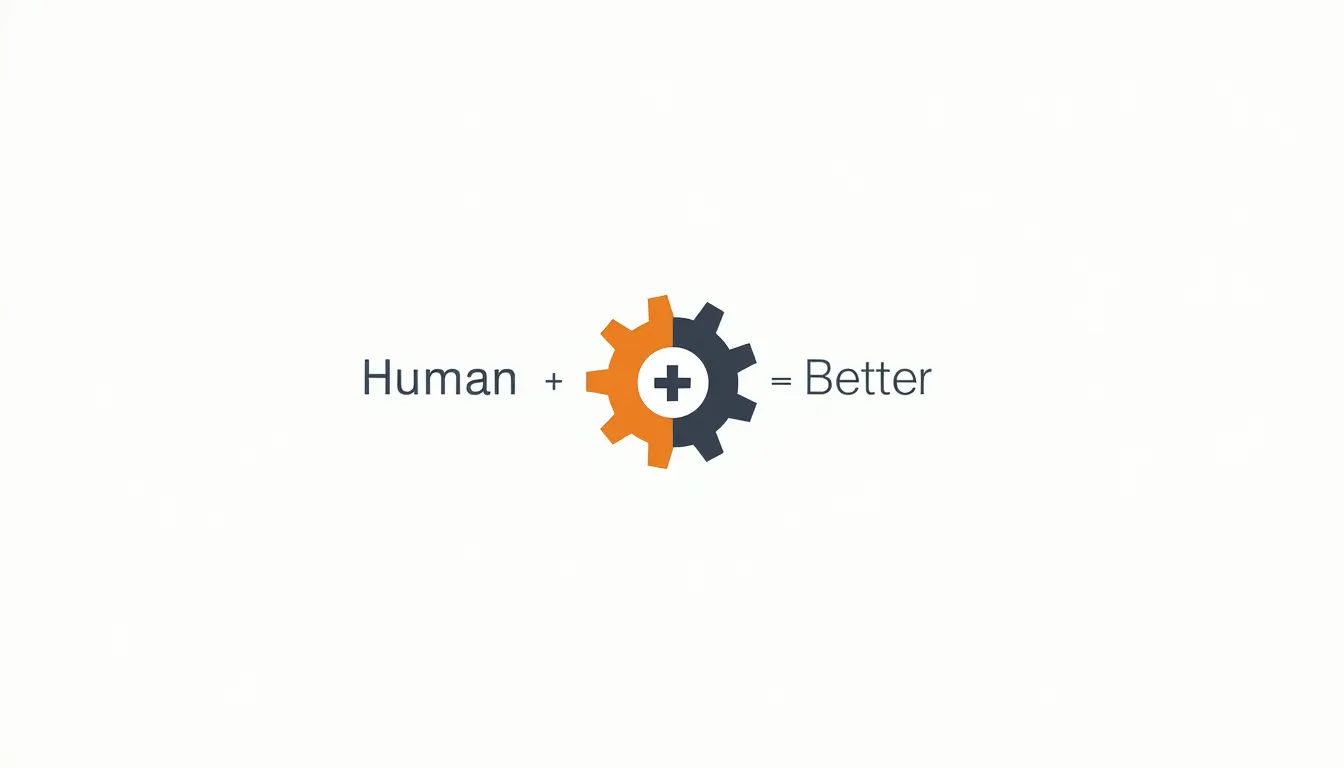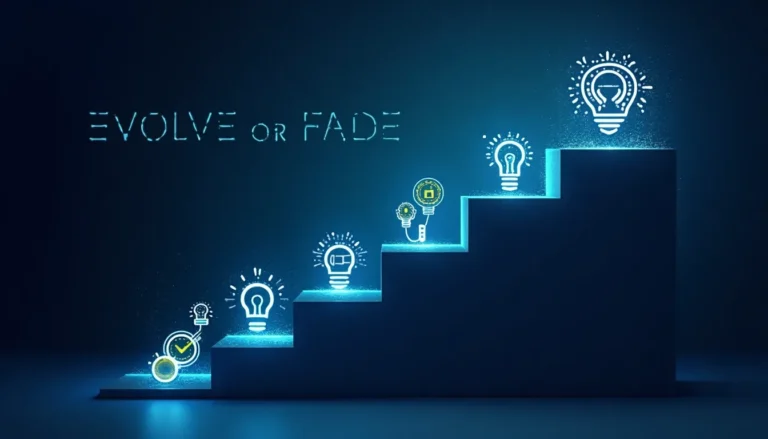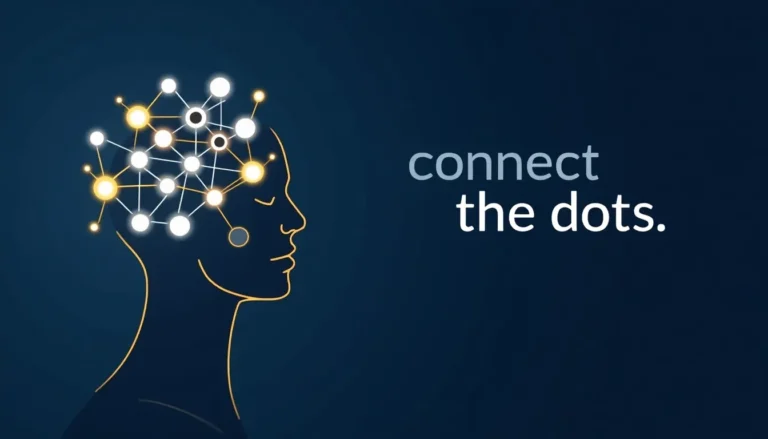Your brain is amazing. But it’s also a mess.
It evolved for survival, not spreadsheets. For hunting, not hypothesis testing. For quick reactions, not rational analysis.
Systems, on the other hand, are built for consistency. They don’t get tired. They don’t make emotional decisions. They don’t skip steps because they’re in a hurry.
This is why AI excels at certain tasks. Not because it’s smarter, but because it’s more systematic.
Think about chess. The best human players can’t compete with machines anymore. Not because machines understand chess better, but because they systematically evaluate every possible move without fatigue or bias.
The same applies to your daily work:
– A checklist outperforms memory
– A process beats improvisation
– An algorithm trumps intuition (most of the time)
But here’s the twist: The real power comes from combining human intuition with systematic thinking.
You don’t need to become a machine. You need to build and use systems that complement your human capabilities.
Start small:
– Document your repetitive decisions
– Create simple if-then rules
– Automate the obvious
– Let AI handle the routine
Your competitive advantage isn’t in being more systematic than a system.
It’s in knowing when to trust the system and when to override it.
The future belongs to those who can dance between human insight and systematic precision.
What system could you build today to think better tomorrow?



